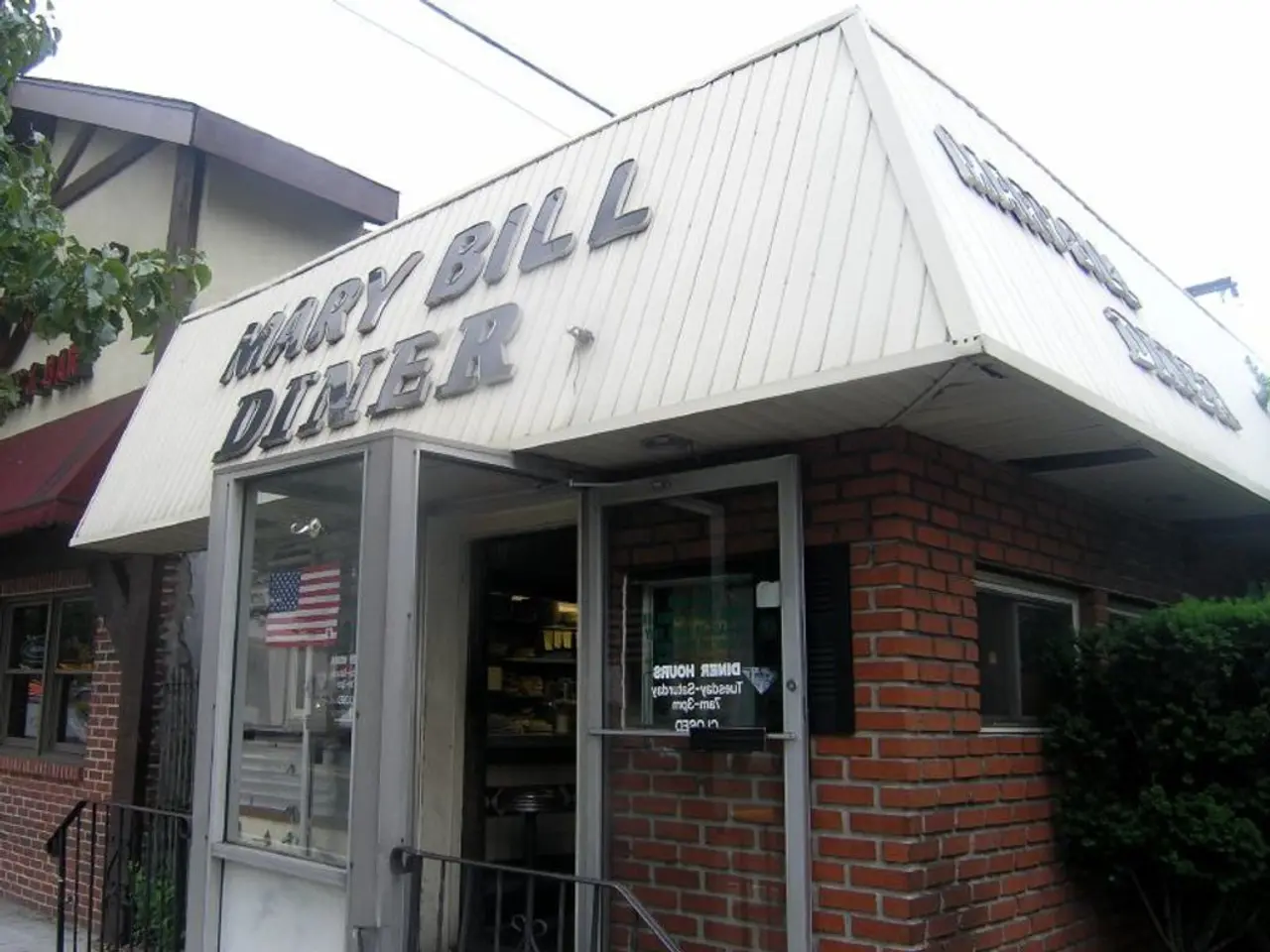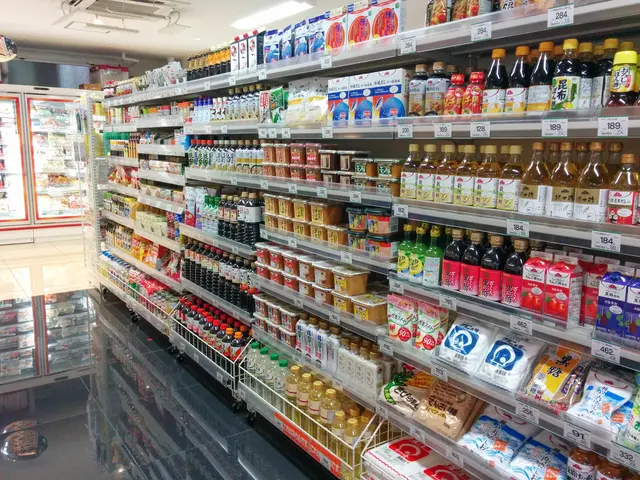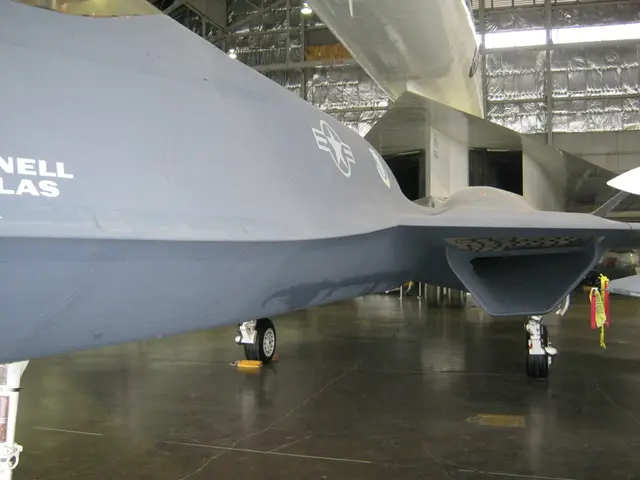Luxury automaker Lexus eyeing establishment of self-owned factory in China, initiating production of its UX hybrid and one BEV model, according to reports on the topic
In a significant move, luxury car manufacturer Lexus, a division of Toyota, has announced plans to build its first wholly-owned battery electric vehicle (BEV) plant in Shanghai, China. This factory, set to be Lexus' first overseas new energy vehicle (NEV) production base, is poised to leverage China's advanced NEV ecosystem and strong market potential.
The project, valued at approximately 14.6 billion yuan (~$2 billion), is scheduled to break ground on June 27, 2025, with completion expected in August 2026. Production is slated to commence around August 2027. Initial annual production capacity is planned at 100,000 Lexus-branded electric vehicles and batteries.
Toyota's investment in this Shanghai-based BEV factory demonstrates strong confidence in China's manufacturing capabilities, particularly in areas such as R&D, quality, reliability, and supply chain for NEVs. Local officials have praised Shanghai’s efficient business environment and support for developing a world-class NEV industrial ecosystem, implying favourable policies and investment promotion efforts.
While specific tax breaks or detailed government subsidies were not explicitly mentioned, the positive remarks from Jinshan district investment officials and integration into Shanghai’s NEV ecosystem strongly suggest policy support aligned with China's broader push for new energy vehicles and foreign investment attraction.
Meanwhile, the sales of FAW Toyota and GAC Toyota, Toyota's passenger car joint ventures in China, have seen a decline in the first half of the year. The slow pace of electrification has made it difficult for Toyota to find an uptake in China's NEV market. In contrast, Tesla's Shanghai factory, operational by the end of 2019, has become the world's largest for Tesla, serving as an export hub in addition to delivering vehicles to Chinese customers.
Lexus has also announced that its EV models will be equipped with LiDAR technology from RoboSense. The models produced at the new factory will be sold in China and overseas markets, including Japan.
Despite the challenges faced by Toyota in China, the company, like other Japanese automakers, is reportedly seeking Tesla-like treatment, including tax breaks, policy support, land grants, and the ability to directly own and control factories in China without a local joint venture partner.
China remains Toyota's third-largest market after the US and Japan. The company's ambition to establish a wholly-owned factory in China is a testament to its commitment to the Chinese market and the potential it sees in the growing NEV market.
- The announcement by Lexus, a division of Toyota, to build its first overseas new energy vehicle (NEV) plant in Shanghai, China, showcases Toyota's confidence in China's manufacturing capabilities, particularly in areas like R&D, quality, reliability, and supply chain for NEVs.
- The production of batteries and electric vehicles at this Shanghai-based BEV factory is planned to begin around August 2027, with an initial annual capacity of 100,000 units.
- Local officials have praised Shanghai’s efficient business environment and support for developing a world-class NEV industrial ecosystem, indicating favorable policies and investment promotion efforts for this project.
- Although specific tax breaks or detailed government subsidies have not been explicitly mentioned, the positive remarks from Jinshan district investment officials and integration into Shanghai’s NEV ecosystem strongly suggest policy support for Toyota's ambitious expansion in the Chinese market.
5.While Toyota's passenger car joint ventures in China have seen a decline in sales, competitors like Tesla, which has a factory in Shanghai operating since the end of 2019, have excelled in the NEV market, serving as an export hub in addition to delivering vehicles to Chinese customers.




